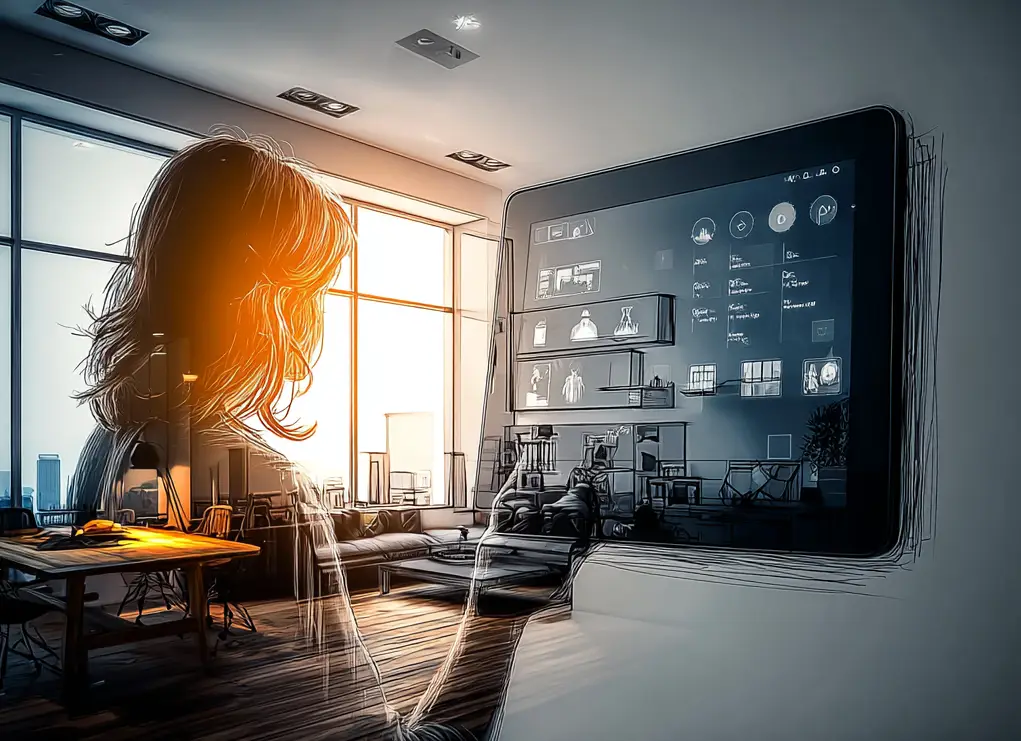In our quest for convenience, many of us have welcomed smart home devices into our lives – voice assistants, smart displays, and connected security cameras. They promise to simplify our routines, automate tasks, and enhance security, often with minimal upfront cost. But have you ever stopped to consider the invisible price tag attached to this convenience? The answer might surprise you: your privacy.
These seemingly innocuous gadgets are often the eyes and ears of a vast data-collection apparatus. Companies like Amazon and Google, through their popular smart home ecosystems, are collecting an astounding amount of personal information about you and your household. A 2024 analysis revealed that Amazon’s Alexa collects 28 out of 32 possible data points, while Google Home isn’t far behind with 22. This isn’t just about innocuous usage statistics; it includes highly sensitive information:
- Precise location
- Contact details
- Health data
- Photos and videos
- Audio recordings
- Wi-Fi network information and IP addresses
- Search history
This extensive data collection fuels these companies’ primary revenue streams: targeted advertising and e-commerce. When you ask about the weather in a certain location, that query can be logged and used to serve you ads for flights and hotels. In essence, your “private life [becomes] the raw material for the company’s actual business”. As famously stated in the book, “when a service is free, it’s often because you are the product”.
The implications extend beyond just advertising. This data is frequently shared with third-party service providers, affiliates, and data brokers, creating a complex trail that’s nearly impossible to follow. What’s more, this collected data can even be used in legal proceedings. There are documented cases where data from smart home devices, including audio recordings from an Echo and surveillance footage from Nest cameras, have been subpoenaed and used as evidence in criminal trials. This is due to the third-party doctrine, a legal concept that suggests you have no reasonable expectation of privacy for information you voluntarily share with a third party, such as a corporate server.
So, what’s the solution to this pervasive privacy challenge? The Thinking Home champions a different path:
Local Control. This foundational principle ensures that your smart home’s brain operates entirely within your own walls, meaning your sensitive data stays securely within your home and is shielded from corporate data mining, unauthorized access, or breaches. A locally controlled system is architecturally immune to the business models that turn your private life into a product.
By choosing local control, you regain true ownership and authority over your home’s technology and your personal data. It’s about building a system that serves you, not a corporation.
Stay tuned for our next post, where we’ll delve deeper into another hidden risk of cloud-dependent smart homes: devices that can simply stop working due to corporate decisions.

